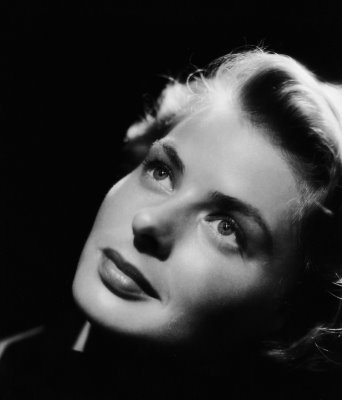Two By Bat
 Tuesday, April 19, 2011 at 4:25PM
Tuesday, April 19, 2011 at 4:25PM  JA from MNPP here, taking a moment to cover one of Nat's most favorite topics - the endless conversation of who's playing who in Christopher Nolan's final (or so he says) Batman film, The Dark Knight Rises. Only instead of indulging the bottomless echo-chamber of speculation, here be actual real for-sure announcements! Via EW:
JA from MNPP here, taking a moment to cover one of Nat's most favorite topics - the endless conversation of who's playing who in Christopher Nolan's final (or so he says) Batman film, The Dark Knight Rises. Only instead of indulging the bottomless echo-chamber of speculation, here be actual real for-sure announcements! Via EW:
"Warner Bros. has announced the official casting of Oscar winner Marion Cotillard and Joseph-Gordon Levitt in Christopher Nolan’s third Batman film, The Dark Knight Rises. Cotillard will play Miranda Tate, described as “a Wayne Industries board member eager to help a still-grieving Bruce Wayne [played by Christian Bale] resume his father’s philanthropic endeavors for Gotham.” Gordon-Levitt will play John Blake, described as “a Gotham City beat cop assigned to special duty under the command of Commissioner Gordon [played by Gary Oldman].”
So there we have it. Cotillard's not playing Talia al Ghul and Joe's not playing The Riddler or any of the other seventeen thousand characters people have been guessing. Just a suit (albeit a sexy French suit, probably with fishnets underneath) and a cop (albeit... well, knowing Joe, probably the same). This is probably for the best since we've already got Catwoman and Bane bopping about. What do we think?
 Batman,
Batman,  Chris Nolan,
Chris Nolan,  Joseph Gordon-Levitt,
Joseph Gordon-Levitt,  Marion Cotillard,
Marion Cotillard,  casting
casting 









